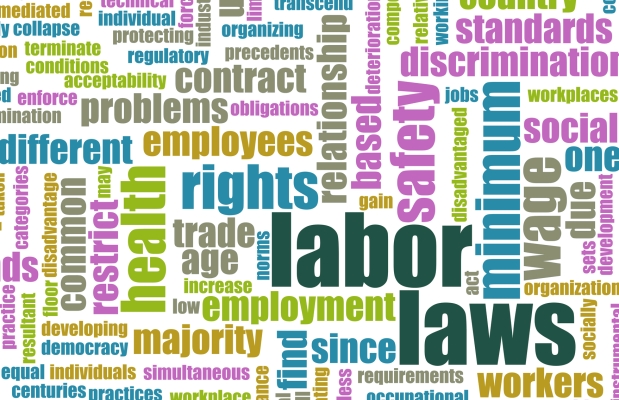Last week the group TRAGIC –Teachers Rally Against Georgia Insurance Changes shared their thoughts with Governor Deal’s Education Reform Commission on potential changes to teacher pay models.
I have a few qualms with some of their statements:
These are the teachers whose voices have been silenced for the most part on the work of the Education Reform Commission by the direct exclusion of professional education organizations from the commission. I speak for all of these educators today, since lawmakers are not asking professional educators who are currently in classrooms, nor the parents of children who are attending public schools for any suggestions on how to improve education.
I thought there might be a case to say that educators weren’t being included in the commission. Granted, maybe unofficial teacher associations weren’t included but that doesn’t mean that educators aren’t on the commission. Maybe there aren’t individuals with TRAGIC’s specific point of view, but you can’t say that “lawmakers are not asking professional educators who are currently in classrooms.”
K-12 Educator related commission members:
| Robert Avossa | Superintendent | Fulton County Schools |
| Kent Edwards | Superintendent | Carrolton City Schools |
| Hannah Heck | Attorney, Vice Chair and Founding Board Member | Westside Atlanta Charter School |
| Kylie Holley | Principal/Superintendent | Pataula Charter Academy |
| Noris Price | Superintendent | Baldwin County Schools |
| Elizabeth Rhodes | Retired Teacher | Educators First |
| Will Schofield | Superintendent | Hall County Schools |
| Anthony Townsend | Principal | Locust Grove Middle School, Henry County |
| Alvin Wilbanks | Superintendent | Gwinnett County Schools |
| Pam Williams | 2011 Georgia Teacher of the Year | Appling County High School |
Could you have more teachers on the list? Sure. But its incorrect to state that educators aren’t represented.
Any pay scale that fails to incentivize experience and education can only be construed as an attempt to drive teachers out of the profession before they reach retirement. While the state budget might benefit from paying fewer retirement benefits and lower health-care costs from fewer retirees, the children of Georgia will certainly not benefit from a revolving door of teachers.
Any pay scale that ONLY considers experience and education can only be construed as an attempt to play the role of employment agency to potentially ineffective teachers – which take valuable learning days away from students everyday when they provide ineffective instruction.
The teaching crisis that is just now being seen in Georgia is a result of fewer teachers entering the profession, and is also a result of more teachers leaving Georgia’s schools. You must have a mix of new and experienced teachers in every school. New teachers bring energy, vitality, and new ideas to education, while veteran teachers bring wisdom, experience, and knowledge gained through years of interacting with children.
Maybe fewer teachers are entering the profession because the “veteran” teachers who we can’t confirm are even effective, are holding up all the jobs. There are hundreds of thousands of education professionals who can’t get a job because of nepotism and no open positions. I believe most new teachers are interested in learning from effective veteran teachers, but I can’t say I know many veteran teachers who are willing to learn about the new ideas and strategies the new teachers are bringing in.









